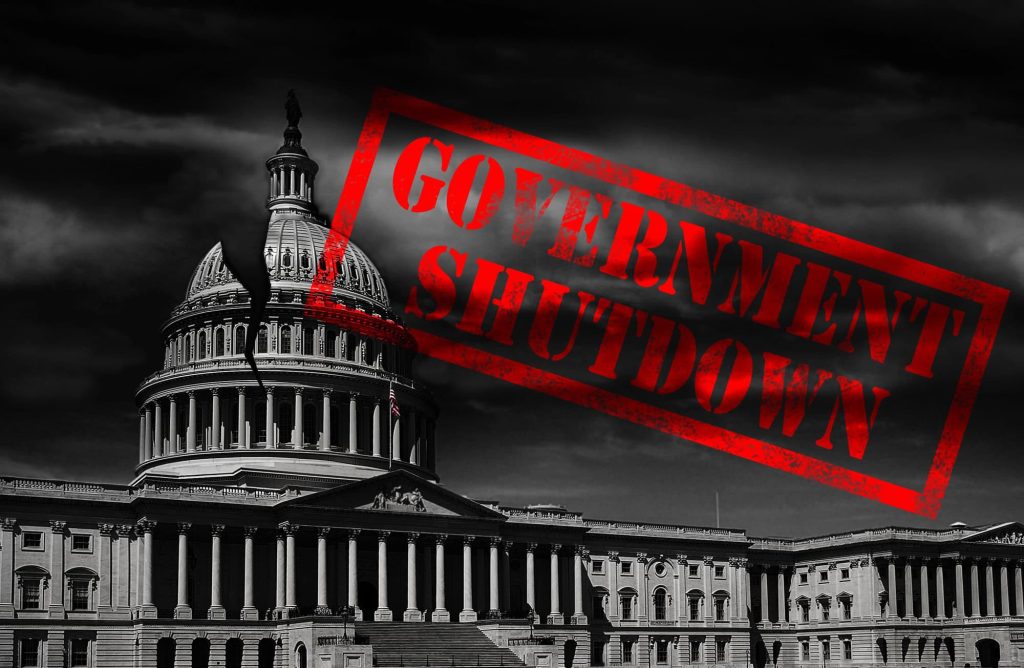
Legislation was introduced in the Senate Friday to ensure that federal employees are paid during government shutdowns.
If passed, the Shutdown Fairness Act (S 3012) would provide pay to excepted federal employees who are forced to work without pay during the ongoing partial government shutdown.
SEE ALSO: What Happens to Federal Pay, Leave & Holidays During a Government Shutdown?
“Excepted” workers are federal employees who must continue working during a lapse in appropriations because their duties are legally authorized to continue, performing essential services to protect life and property or ensure national security.
Under current law, essential federal workers required to work during a government shutdown receive retroactive pay when the government reopens. Under Johnson’s proposed bill, these federal employees’ pay would not be interrupted.
“The 2025 Shutdown Fairness Act is a permanent fix that will ensure excepted workers and our troops are paid during a shutdown,” Johnson said. Senate Majority Leader John Thune (R-SD) has reportedly placed the legislation on the Senate calendar last week for a vote as soon as this week.
Senate Democrats have expressed skepticism of the Republican proposal.
“I worry that it basically is a bill that just lets the president decide who he wants to pay and who he does want to pay. And I would have some serious concerns about that,” said Sen. Tim Kaine (R-VA) told CNN.
“It’s my understanding that that is not a comprehensive bill that actually is designed to reopen the government while at the same time addressing the issues that need to be confronted,” Jeffries said at a press conference. “It’s not legislation that I support because it appears to be more like a political ploy to pick and choose, giving Donald Trump discretion which employees should be compensated.”
The bill is co-sponsored by Senators Ted Budd (R-N.C.), Bill Cassidy (R-La.), Mike Crapo (R-Idaho), Tom Cotton (R-Ark.), James Risch (R-Idaho), Dan Sullivan (R-Alaska), and Todd Young (R-Ind.).
To read the full text of the bill, go here.

